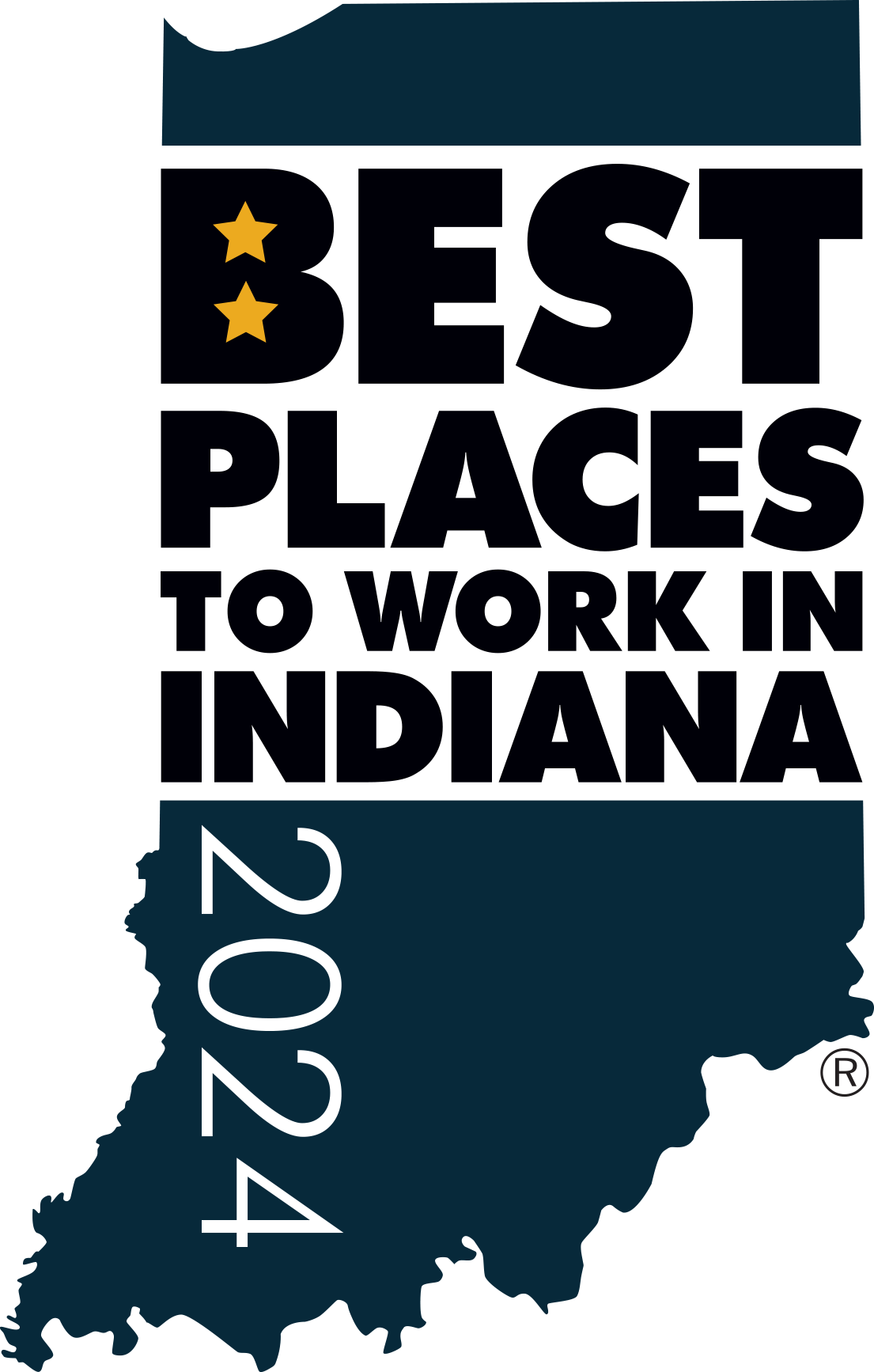The Road to Perdition Is Paved With Wrong Assumptions
Many years ago, the National Safety Council discovered that most accidents do not occur out of ignorance – but rather from false assumptions.
For example:
“I can read this book and keep my eyes on the road at the same time.”
“I can skip the safety goggles just this once.”
“That electric circuit can’t be live.”
Clearly, wrong assumptions can be deadly – and those we make in our careers are no exception.
For example:
“The company will promote me when I’m ready.”
“If I lose my job, a recruiter will find me another one.”
“There’s no need to toot my own horn.”
If truth be known, it’s easy to make false assumptions about many things, and a complacent attitude at work can spill over into one’s job search as well.
For example:
“I’m sure I can dress casually for the interview.”
“If the visit goes well, there will be plenty of time to read up on the company later.”
“It’s best not to seem too eager.”
Guess what? The interview panel all wore ties, the candidate’s lack of knowledge about the company was considered appalling, and the lack of apparent interest became the nail in the coffin.
When considering any kind of job change, one cannot find out too much information. Employers and search professionals alike will award extra points for the candidate’s initiative in this regard, and, nine times out of ten, the employer’s website is the best single source of information concerning recent corporate news, financial performance, major product lines, principal locations, etc.
Often, the kind of information found on the Web or in company literature may lead to additional questions, which can become good fodder for subsequent interviews, as in the following example:
“I read in your earnings release that you’re planning to enter the Chinese market. Since international sales has been one of my specialties, I’m curious as to whether you plan to establish a direct sales operation there or rely on third-party agents.”
Some information, of course, has to come from the horse’s mouth. If an outside recruiter is conducting the search, direct your questions through that individual – who may know the answers already or will be able to obtain them efficiently.
Here are some of the kinds of information – both published and unpublished – that every candidate ought to know:
The employer – Products or services, financial performance, reputation, marketplace position(s), geographic scope, internal culture, competitors, recent news, etc.
The job – Title, responsibilities, compensation structure, chain of command (upward and downward), budget and size of staff, reasons why position is open, major tasks and challenges facing the next incumbent, success factors, political and other risks, opportunities for promotion, relocation policy and other issues.
The interview process – Who (background of the interview participants), what (type of interview, likely areas of interest), when (starting time and probable duration), where (address, directions if needed, phone number of host) and wear (dress code for the interview).
The decision-making process – Number of candidates under consideration, types of candidates (internal/external), need for additional interviews or return visits, medical and/or psychological testing policies, other next steps, anticipated time to a final decision and “When/how will I hear from you next?”
Knowledge is power. Conversely, lack of information can lead, as it says on the Blue Screen of Death, to fatal errors.

